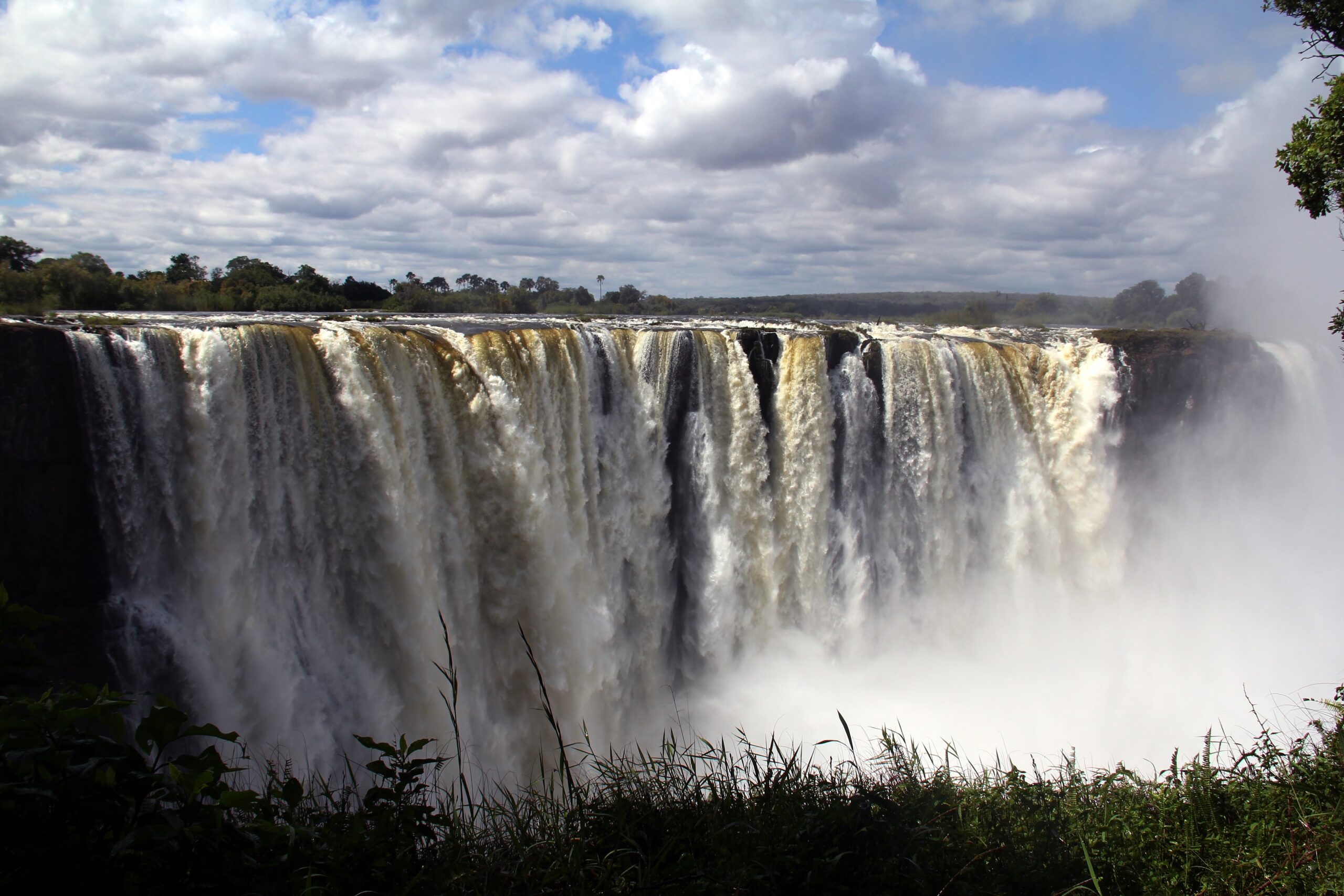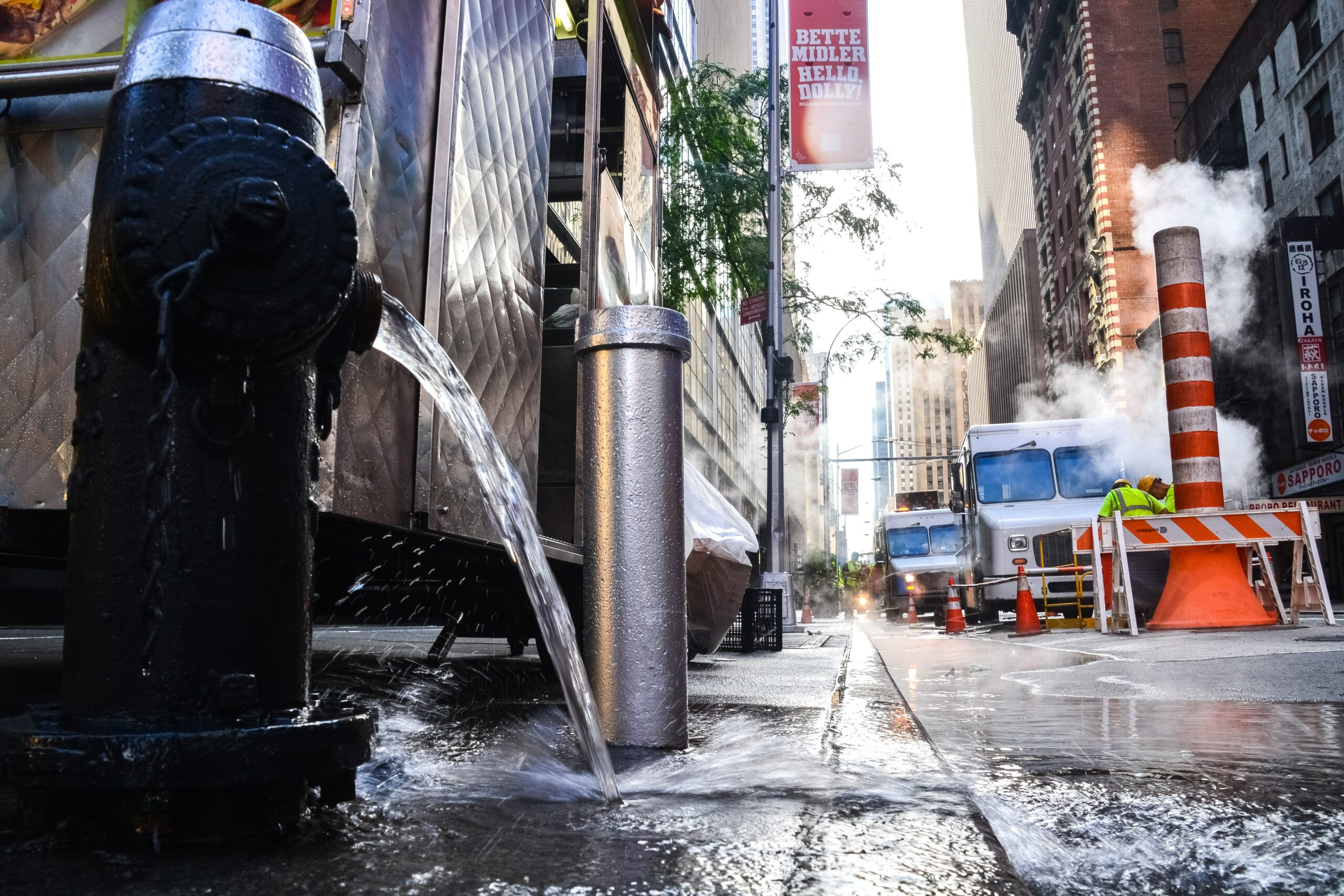Water as a financial asset: Win-win?
Treating water as a commodity is a divisive issue at a time of growing scarcity. Can the thirst for profits offer lessons in managing resources more effectively?
We can’t live without water. Not only is it fundamental to human existence, it powers agriculture, industry, technology, and trade. Water’s economic importance makes it significant in the same way as, say, gold and oil.
As raw material water is free and freely available, yet this depends on environmental factors. Water scarcity now affects every continent, with the UN predicting further pressure from pollution, climate change, and population growth. Beyond these concerns, however, scarcity is proving fertile ground for investors.
Why invest in water?

Wall Street started trading water futures for the first time in 2020. Yet while this was a stock market landmark, the basic concept of trading water as a resource or product is as old as time.
In this century, it’s impossible to talk about the recent interest in water investing without mentioning hedge fund manager Michael Burry. Burry made nearly USD $1 billion after correctly predicting the 2008 mortgage market crash – and then promptly switched to investing in water.
“I believe that agricultural land – productive agricultural land with water on site – will be very valuable in the future,” Burry told Bloomberg Television in 2010. “I’ve put a significant amount of money into that.”
Investors like Burry and Warren Buffett know the simple rule: where demand is high and supply is low, prices rise. And as well as growing evidence of increasing water scarcity worldwide, a growing number of them have spotted risk, and therefore opportunity, because water is currently not being managed and valued as well as it should.
How do you invest in something that’s free?

There are, of course, many ways to invest in water, including managed funds that focus on companies which tackle water conservation and security. Investors can also directly buy traditional shares in water utilities, infrastructure and equipment companies. The futures market is a newer phenomenon.
Basav Sen, climate justice project director at the Institute of Policy Studies, compares the water futures market to a casino because of the way prices can fluctuate. He’s concerned at the commodification of a basic human need, citing it as an instance of “the way in which capitalism makes profits from human misery.”
Not everyone agrees. Steve H. Hanks, an economist at Johns Hopkins University, sees this new trend as a win for industry and farmers: they can lock-in their future water spend now as an insurance against scarcity and resulting price jumps, a move which also benefits consumers.
Another way to acquire ownership of something that’s freely available is to buy the rights to access the water, or purchase the land where the water is found. But, unlike gold and oil, the cost of transporting water is disproportionately high, because of its low end price. Instead of shipping water, Burry suggests we could use food as a carrier, telling New York magazine: “grow food in water-rich areas and transport it for sale in water-poor areas. This is the method for redistributing water that is least contentious, and ultimately it can be profitable”.
Who benefits when water is seen as a commodity?

The value of water for investors is inextricably linked to a lack of availability and access, and that poses an ethical conundrum. Some experts warn that those who have purchased water rights or assets logically have a vested interest in making sure that water is scarce.
For UN Special Rapporteur Pedro Arrojo Aguda, commodification harms our recognition of water as a human right, and our duty to preserve and safeguard access for all. In a recent report, he warned that price volatility could have catastrophic consequences for the world’s poorest.
However, others see trading as a form of environmental activism. Banking giant Barclays says its investors enable innovations like better water infrastructure, which is crucial to poorer communities. Experts point to examples such as Mexico City – which loses 1,000 litres of water per second through its outdated water system – and Dar-es-Salaam – where officials say as much as half of water supply is lost through faulty equipment and illegal connections – to show this is a problem which needs addressing all over the world.
Water futures may also encourage conservation. Sudeep Maitra at Boston Consulting Group expresses doubts about this nudge factor, but notes that if someone knows that the price of water will hit a certain rate in the future, they “may start investing in better recycling, water reuse and efficiency measures”.
Is water priceless? It’s certainly invaluable

Most economists agree that for too long, water has been taken for granted as an abundant resource, and therefore undervalued. Financial markets may help us to recognise water’s intangible worth as well as its economic value. Many of these new financial products focus on the scarcity of water and reflect issues such as poor provision, infrastructure, and water security across the globe. For Basav Sen at the Institute of Policy Studies, that indicates the futures market may not be a friend to the environment. There may be profits ahead, he says, but instead of banking on scarcity, we should be investing in sustainability – especially in farming, which accounts for 70% of our freshwater use: “What we need to be doing instead is changing agricultural practices so they are not so water-intensive, especially in more arid regions.”